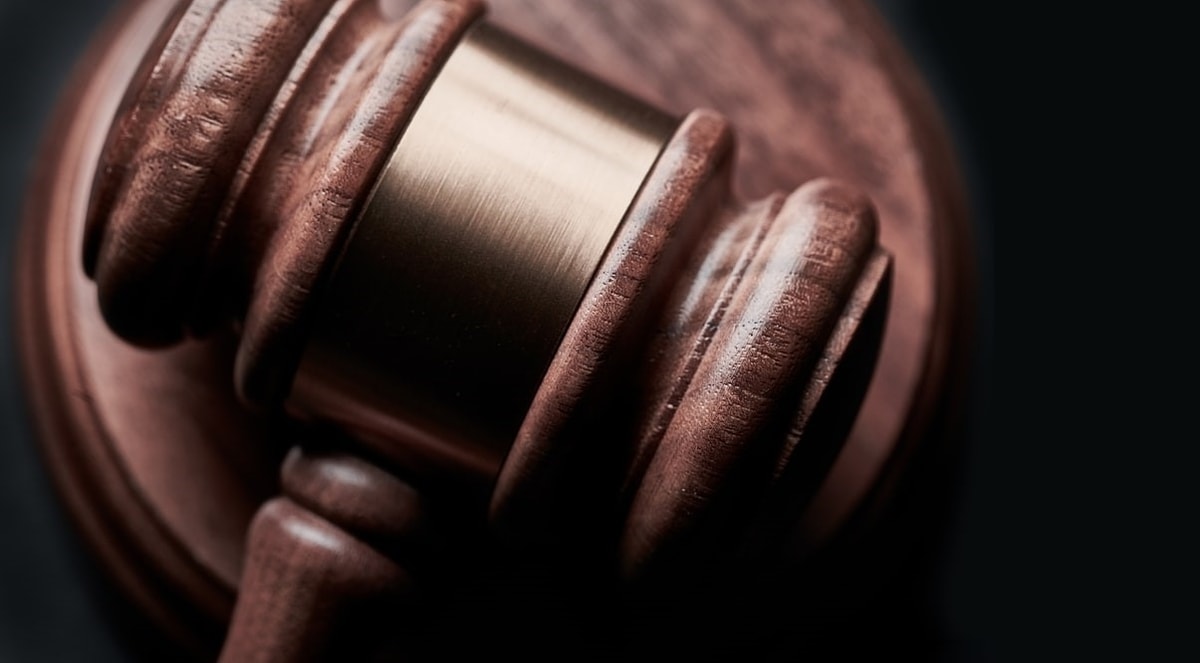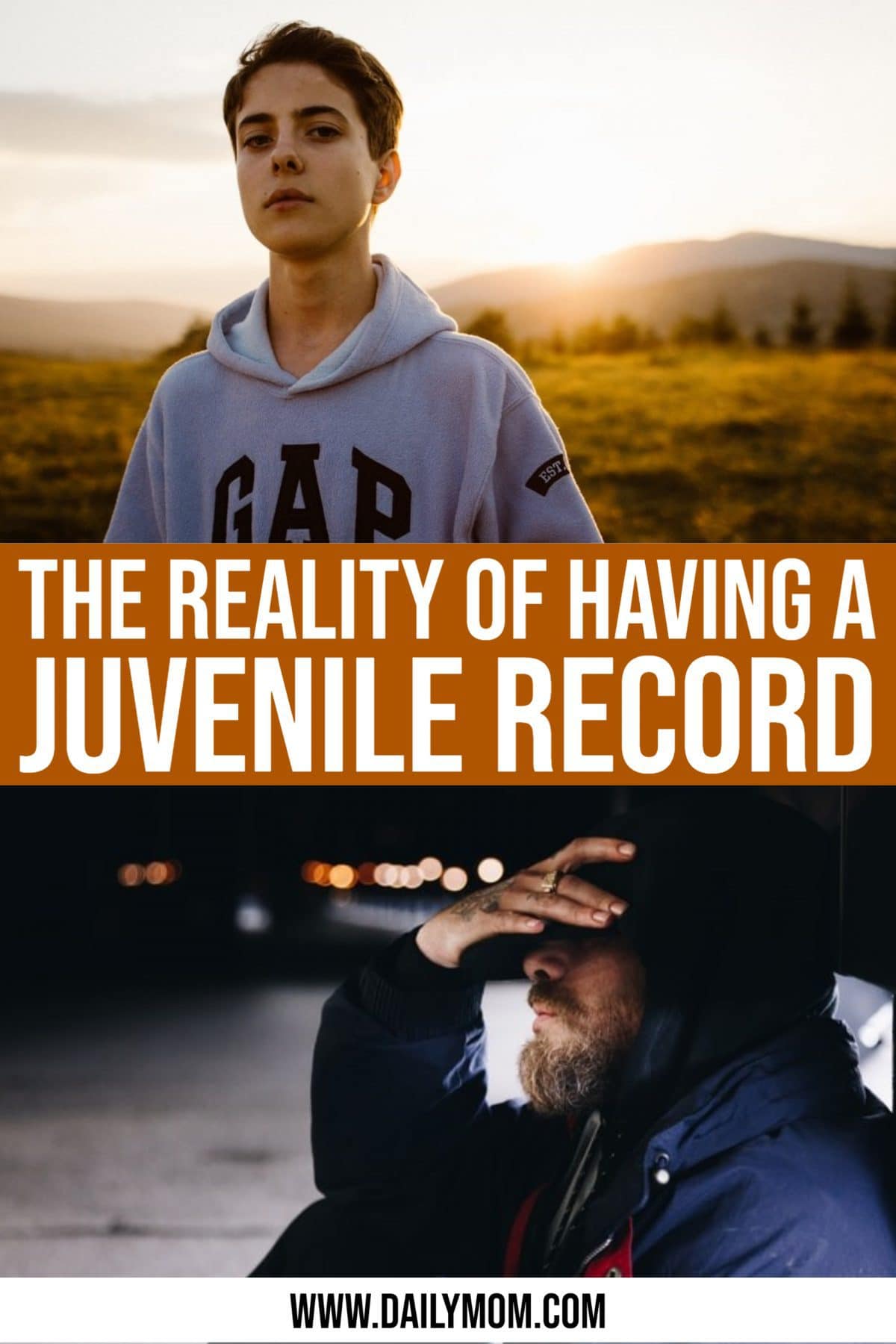Juvenile records are extensive and diverse and are routinely shared with a number of different groups such as across law enforcement agencies, with schools, for housing, among others. A variety of records are created, shared, and stored as part of a juvenile record – court records, law enforcement records that can include photos, DNA, and arrest records (among other things), even school disciplinary records in some cases. It is widely believed that juvenile records are automatically sealed or disappear when a juvenile turns 18. That is not the case. The bleak reality is that having a juvenile record can follow and negatively affect someone for the rest of their lives.
The Confidentiality Myth
Most people believe that someone’s juvenile record is confidential because that person is a minor. While a person’s juvenile record may be confidential to the public, that does not mean it is confidential within the criminal justice system. Law enforcement and prosecutors often have access to these records, which can negatively affect unrelated cases even though they should not.

Another issue with confidentiality is that although a juvenile record is usually kept confidential, there are instances where information from a child’s record can still be released to the public if they are charged for serious crimes, such as a sexual offense. If the child is later found to be not guilty or charges are dropped, it is too late. That information has already made its way out into the world.
Laws about criminal records are not universal across the country. Every state is responsible for its own juvenile record laws. Some states have strong protections, while others do not, making it easy for parts of a juvenile record to be obtained. It is possible for a juvenile record to be released if a child moves somewhere with more relaxed laws.
The Reality of Adulthood with a Juvenile Record
If you ask most people they probably believe that a juvenile record disappears once a child turns 18. This is absolutely not the case. A juvenile record can create major obstacles in adulthood. It can prevent a young adult from receiving financial aid for college, hurt their chances of getting a job or joining the military, and affect their eligibility (and the family they live with’s eligibility) for public housing and other public assistance.

Nearly 9 out of 10 employers, 4 out of 5 landlords, and 3 out of 5 colleges use background checks to screen an applicant’s criminal records. On top of that, more than 45,000 federal and state statutes or regulations impose disqualifications or disadvantages on people who have been convicted of a crime. An arrest record alone decreases a person’s chance of employment more than other employment-related stigmas.
A young adult with a juvenile record who is just starting their adulthood is already at a huge disadvantage and potentially will be for the rest of their life. When someone’s employment options are limited, they are likely to be stuck in a dead-end job with low pay. They are then more likely to see themselves as not having another option and become caught in a cycle of being a repeat offender.
Some states have enacted laws to try keeping a juvenile record from haunting adults in this sort of way, but not all states have protections in place. Complicating the problem is the widespread misrepresentation of a person’s criminal background. For a nominal fee, anyone can go online and do a search of someone’s name on any number of websites that provide quick and easy access to what is often outdated information.

Because there are not many regulations requiring these online records to be kept up-to-date, it can make parts of a juvenile record permanent in the world of the Internet. Part of the larger problem is that even if someone was acquitted or the trial was dismissed, it still pops up that the person was charged, which can place a long-lasting stigma on their life.
Complicating matters is when a child is charged as an adult. If a child is charged as an adult and is convicted, that conviction in adult criminal court can carry more of an impact in their life after jail than a conviction in a juvenile court. When a juvenile is tried as an adult, that record is an adult record. It is more difficult to seal or expunge an adult criminal record than a juvenile record. A child as young as 13 in some states can be charged and sentenced as an adult and that conviction then has the potential to follow them for the rest of their lives.
Sealing or Expunging a Juvenile Record
Certain criminal records can be sealed or expunged by a judge or court. These two options are distinctly different in the legal world. Sealing a juvenile record removes a person’s criminal record from public view. When a record is sealed, it can still be accessed by a limited number of court personnel or law enforcement who are connected to the juvenile’s case or sometimes through a court order.

In many states, sealing a juvenile record means that once it is sealed none of the information can be disclosed to any private citizen, potential employer, licensing agency, landlord, or educational institution. The record can still be accessed by law enforcement officers, prosecutors, and sentencing judges when they are investigating or prosecuting a future crime in which that person is accused of being involved.
An expungement on the other hand removes arrests and/or convictions from a person’s criminal record as if they never happened. When a record is expunged, not even a court or prosecutor can view the expunged record. An expunged juvenile record is physically and digitally destroyed – all of the documents in relation to that juvenile’s arrest, detention, sentencing, and probation have to be permanently deleted from the archives of any court, law enforcement agency, and any other agency that provided services to that child under a court order.

A commonly held belief is that a juvenile record is automatically sealed when someone turns 18. That is not the case. Since every state handles juvenile records differently, they also handle sealing or expunging them differently. Every state has a legal process that an adult can go through to have their juvenile record sealed or expunged, but it is often complicated. Typically, to seal or expunge a juvenile record, a person has to hire a lawyer, file a petition, appear in court, and spend a certain amount of time without committing another offense. However, doing these things can cost hundreds of dollars, which not everyone has available.
Many people eligible to expunge their records do not know that it is even an option. In some states, the sealing or expungement process can only be initiated by the prosecutor or a judge. It is not uncommon that a young adult is never notified that they can have their record expunged or how to go about the process of doing it. These previously troubled youths are often left to start their lives with a black mark on their record that could be erased allowing them to start their adult lives with a clean slate. Instead, the court system makes the process so secretive and complicated to seemingly further punish these young adults.
Society is so quick to judge and demonize people that juveniles are often portrayed as being practically adults and not as kids, which is what they are. The term juvenile is often swapped out for “juvenile delinquent,” farther removing the image of a child. This is likely because it is easier to harshly demonize and punish a delinquent than it is to do so to a child. When children commit even the worst crimes, they are still children.
Children are not innately bad. Instead, they learn from their environment and from the people around them. They are also affected by mental health issues that they are not equipped to deal with on their own. Rather than letting a juvenile record follow and negatively affect these children for the rest of their lives and creating longer-lasting issues, we should be finding ways to help them so that they can live better lives.
WANT TO READ MORE?
Check out this article on How Being in a Foster Home Decreases a Child’s Chance of Success.

Sources: For Juvenile Criminal Records, Privacy is Too Often a Myth, Criminal Records Can Follow a Youth Into Adulthood, Expunging and Sealing Criminal Records
Photo Credits: Unsplash.com








































